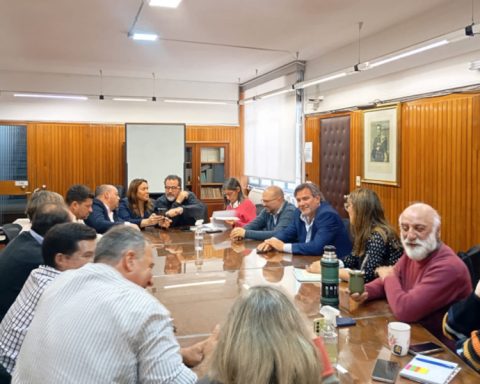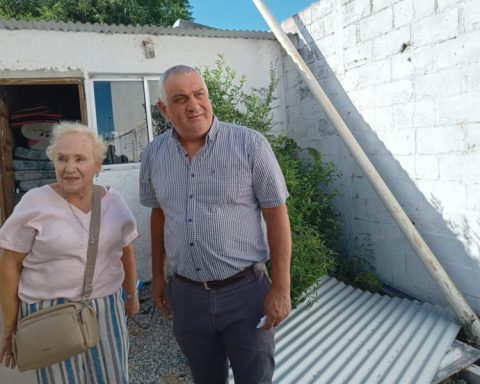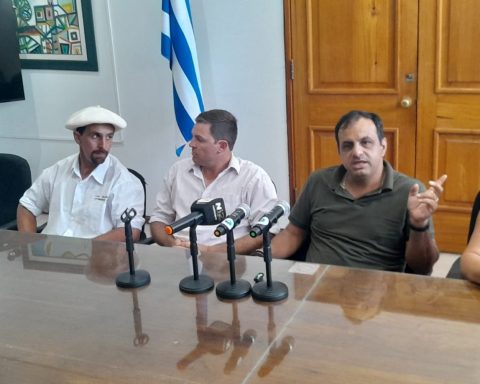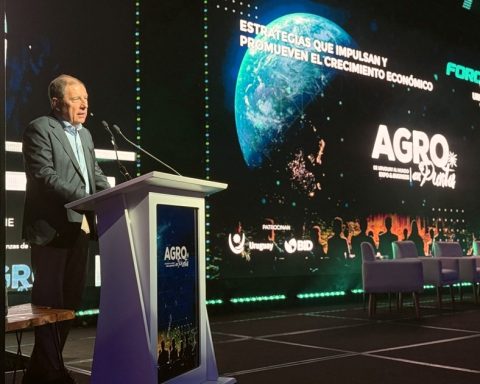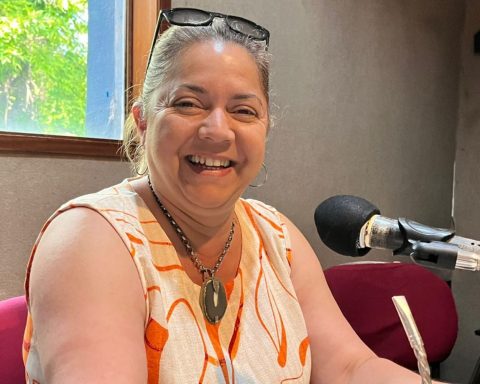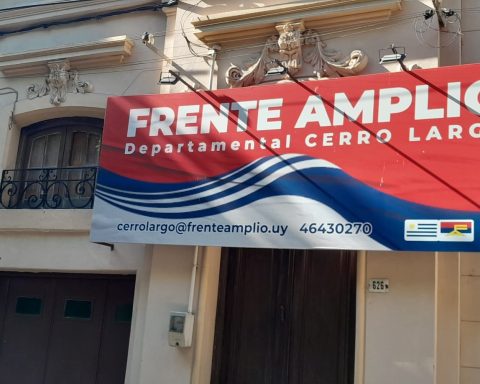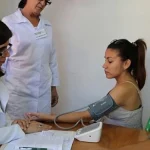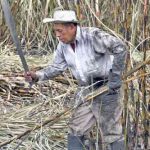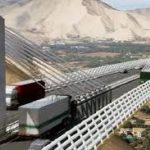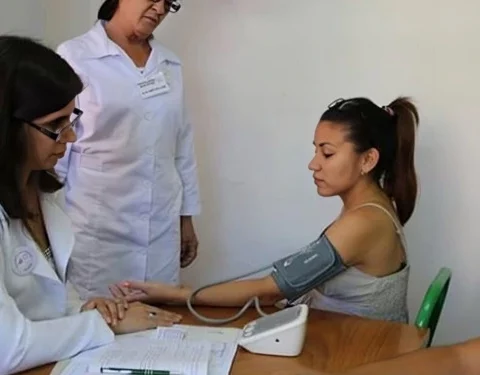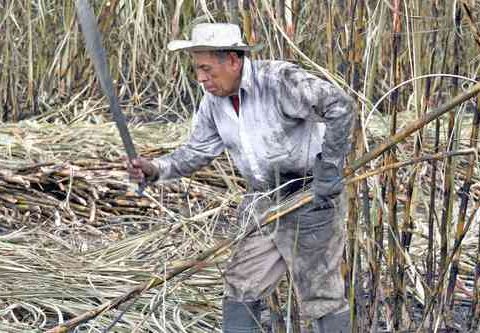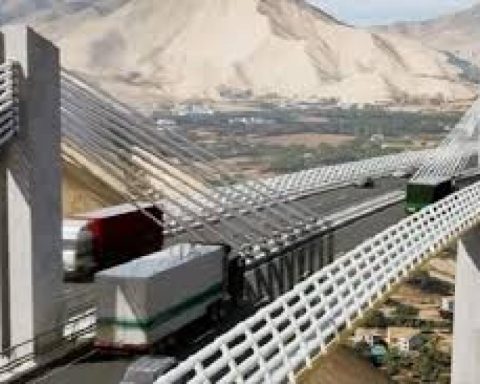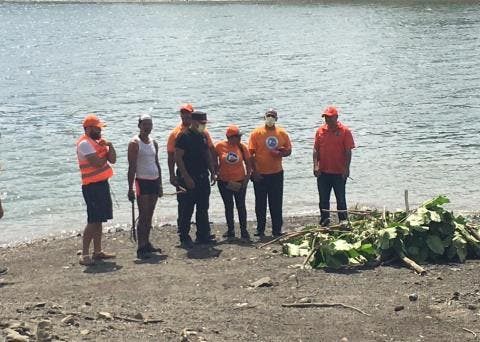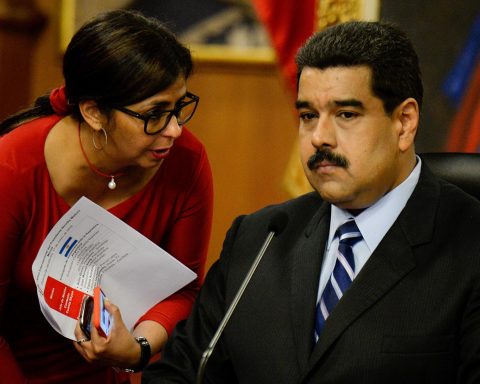“Evils never end, they grow little by little,” ex-president José Mujica recited, citing the verses of Martín Fierro from his farm in Rincón del Cerro, to describe the political situation. The video circulated through WhatsApp groups of militants at the end of this week, almost like a harbinger of a new return of the MPP leader to the front line of the Broad Front campaign.
Like so many other times, challenged by the polls, the left will resort to Mujica again to go out and contest an electorate that for now is elusive, and especially to attract two types of voters that, according to the polls, explain a large part of the undecided, and in which the old Tupamaro leader always knew how to stand out like few others in the Broad Front: the poorest and those who live in the interior.
The decision to return to Mujica goes hand in hand with findings of focus groups commissioned by the opposition coalition, and which suggest that theirs continues to be one of the “most heard voices” of the Broad Front regarding the Law of Urgent Consideration (LUC), according to political sources told The Observer.
According to internal studies, this select list of referents is also made up of the president of the FA, Fernando Pereira, the mayors Carolina Cosse and Yamandú Orsi, the communist Óscar Andrade and the senator of the MPP, Alejandro Sánchez. The five leaders already have an active role in the campaign today and will continue with the tours.
On the opposite side, according to reports, President Luis Lacalle Pou, Secretary of the Presidency Álvaro Delgado, Vice President Beatriz Argimón, Julio María Sanguinetti from Colorado and lobbyist Guido Manini Ríos are in that position.
The amulet of all time
The FA and the Commission for Yes go to Mujica in a scenario with a level of undecided that is between 20% and 28% of the electorate. Within that percentage, two thirds reside in the interior and almost half are of low socioeconomic status, according to the latest Teams survey.
As reported The Observer, the Sí campaign also concentrates the dispute over the undecided on the outskirts of Montevideo, where they target a young audience and middle and lower sectors. As they understand in the opposition command, Mujica is still strong in both towns and that is why he is a figure that they do not want to do without in the final stretch.
Particularly in the metropolitan periphery –which they refer to as the “horseshoe”– the promoters of the referendum distinguish the need to wage the dispute against the structures of the Open Cabildo, which is especially strong in those neighborhoods bordering the military barracks.
Mujica will receive this Saturday at his farm Fernando Pereira, together with the Education International. For his part, he plans to participate in events in the capital and the interior in the final stretch, as well as record videos for broadcast.
Pereira had already gone to the former president last year in his capacity as president of the PIT-CNT, to promote the collection of signatures in his last stretch. But by then, the former president had a long history of electoral instances in which the Broad Front had made a pilgrimage to the farm in search of his help.
In the final stretch of the 2014 elections, when Mujica was still president and the polls showed that the left could lose its third government, the Tupamaro leader intensified his tours of the interior of the country, tours that some understand as essential to give a final push to the candidacy of Tabaré Vázquez.
In 2019, the Frente Amplio candidate Daniel Martínez also went to Mujica in the campaign for the ballot, supported by conclusions from public opinion studies similar to those being analyzed these days in the Sí command. Despite the fact that he had previously proclaimed a renewal of leadership and had even distanced himself from the old leadership, Martínez appointed him as eventual Minister of Livestock in case of victory.
